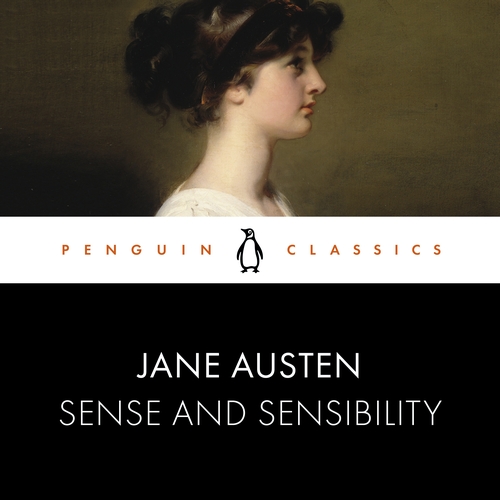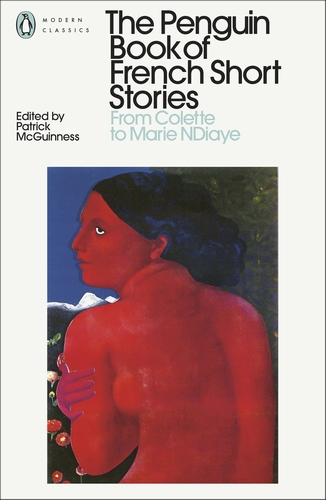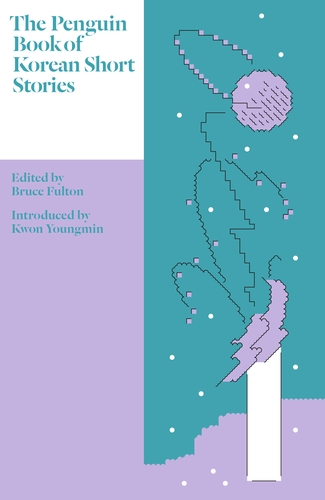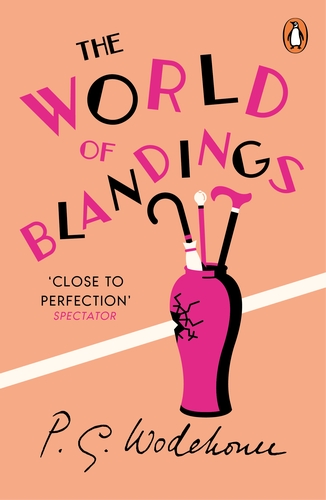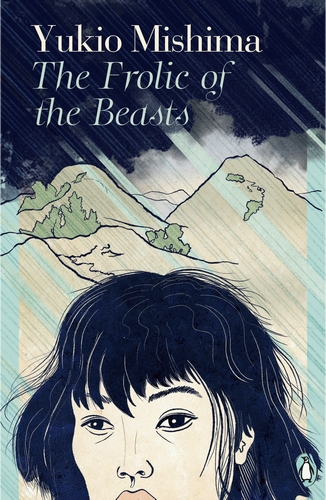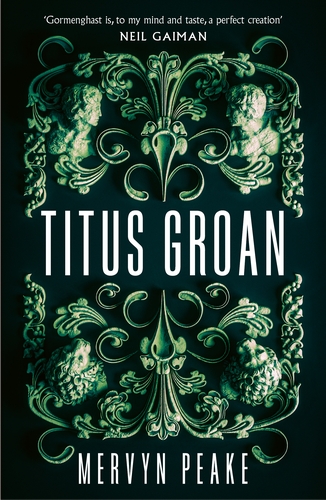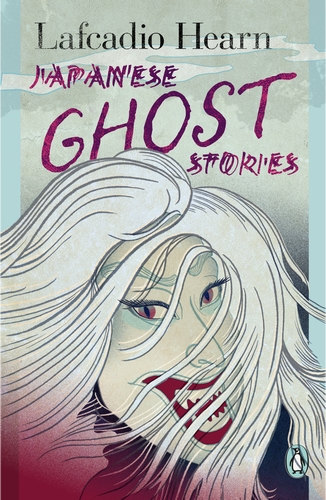Author:Sam Riviere,Frederick Seidel,Kathryn Maris

Occasional Wild Parties brings together Sam Riviere, one of the most discussed of the new generation of British poets, whose 'post-internet' poetry sees him acting now as scribe, now as DJ, taking in everything from technologized romance to celebrity culture as filtered through Kim Kardashian's make-up routine; the 'elegant ghoul' Frederick Seidel, zooming through the dark underbelly of international high society on his Ducati racing bike; and the wonderfully observant Kathryn Maris, whose work ranges with a dark wit over incomprehensible deities, wayward mothers, the politics of children's sports contests, and psychoanalysis. All three lift the lid on their corners of civilized society to show the less glittering realities that lie just beneath the surface.
"On the verge of perpetrating acts of artistic barbarism
"I perceived a spoon as the title of a plate of food"
- SAM RIVIERE, 'Mindfulness'
"Deer garter-belt across our vision
And stand there waiting for our decision.
"Our only decision was how to cook the venison.
I am civilized but
I see the silence
And write the words for the thought balloon."
- FREDERICK SEIDEL, 'Kill Poem'
"The man in the basement wrote stories about heroin.
The woman in the attic read stories with heroines.
The woman in the attic noticed a bruise that ran from the top to the base of her thigh.
The bruise looked like Europe.
The man in the basement was in love with the sister of the secretive man who loved him more.
He whooped to the woman, 'You killed your student?'
To himself he wept, 'I killed my father.'"
- KATHRYN MARIS, 'The House with Only an Attic and a Basement'
Nicola Barker’s H(A)PPY is a work of vaulting ambition. It is deathly serious but played out with the lightest of touches. She takes the vapid discourse of social media blather, with all its ‘likes’ and ‘favourites’, and extrapolates madly to make a language for an utterly believable future world, a world enslaved by the blandness of its technology. Line by line, the novel carefully builds its music and teases out its crazed riffs. It’s very funny but there are pockets of great eeriness, and of savagery even. It’s a novel-as-object, too, with a typography employed as visual code, but its design always has a narrative purpose. Only a writer of uncanny ability could bring this novel to such memorable, pulsing life. It’s very moving.
—— Kevin BarryH(A)PPY is anything but conventional, subverting the traditions of sci-fi, typography and narrative … The coloured words are joined by a host of typographical flourishes, making the book a bravura piece of design … Barker is as gnomic, terrifying and glorious as ever.
—— Justine Jordan , GuardianNicola Barker’s kaleidoscopic new novel is a socio-political futurama with a wildness and honesty all of its own … What wonders there are in Nicola Barker’s bewildering, fatiguing and deliciously stimulating new novel … Echoing and quoting literary styles and situations, disrupting the words on the page – via those coloured inks, blank pages, typographical games – in a manner that traces a line from Laurence Sterne to avant-gardists such as BS Johnson, Deborah Levy and Tom McCarthy … But H(a)ppy ventures far beyond a retread of narratological theory … Any description of H(a)ppy can only fail to do justice to its wildness and its honesty. It is a superb novel by a genuinely experimental and committed novelist. In Barker’s hand, narrative, however fragile, not only survives but thrives.
—— Alex Clark , Observer(Barker) specialises in formal eccentricity, thematic novelty, stylistic excess ... Her new book is her strangest yet, an avant-garde slice of dystopian science fiction that thumbs its nose...at the conventions of the genre ... It is a small miracle that this uncompromising anti-novel about the collapse of narrative absolutely works ... Barker is as innovative and idiosyncratic as ever.
—— Edmund Gordon , Sunday TimesNo book Nicola Barker writes is remotely like a book by anyone else, which is one of the many reasons to celebrate her. Also, no two books by Nicola Barker are doing remotely the same thing, which is another. So you never quite know what you’re in for. And H(A)PPY, even by her own extravagant standards, is very strange indeed … Barker has always been a visionary writer – visionary in style, with past and present interpenetrating in dream and hallucination. But her interest in religious visions and theology here comes to the fore … As I say, Barker is not remotely like any other writer. With its typographical jiggering about (words really do change colour, and some pages have blocks of identical text or no text at all), and its favouring of symbols and ideas over characters, setting and story, it’s more like a poem or artwork than a novel. Still, it’s quite something. I’m just not sure what.
—— Sam Leith , Literary ReviewWith polychromatic printing, creative typography and sheer inspiration, the post-apocalyptic novel has been turned on its head … In most fiction set in totalitarian states, the principal protagonist will gradually realise the monstrosity of the regime…Nicola Barker, one of our greatest contemporary novelists, with typical élan, turns this paradigm inside out … This must be the most beautifully designed book I have read since Mark Z Danielewski’s House of Leaves … As the novel progresses, Barker pulls off an astonishing piece of technique … She is the most unpredictable novelist I know.
—— Stuart Kelly , The ScotsmanThe English novelist Nicola Barker began publishing in the mid-1990s, hit her stride almost immediately … Barker seems to find writing fiction as natural as breathing, and there’s a strong imaginative streak to almost everything she does … The Prospero role is here assumed by Barker herself, and the parallel is fairly close: creative to excess, more than capable of abusing her omnipotence, blurring the border between genius and dazzle.
—— Leo Robson , New StatesmanA trailblazing sci-fi writer makes a bleak future seem fun ... Nicola Barker is the high priestess of weird ... H(A)PPY is the story of one woman's escape from a controlling matrix formed by a powerful artificial intelligence ... As Mira's journey of emancipation progresses, a full-on typographic melodrama explodes off the page ... It's confusing but fun. Barker, along with David Mitchell and Dave Eggers, is an important trailblazer for literary sci-if. H(A)PPY does not present a cheerful version of the future of humanity, but in her hands it is a hauntingly convincing one.
—— Melissa Katsoulis , The TimesLately, no destination on the map of fiction has welcomed so many visitors as the twin islands of utopia and dystopia. When she entered this populous domain, Nicola Barker – the rule-busting, genre-twisting maverick author of 11 previous novels – was never likely to deliver an orthodox post-catastrophe fable of lonely revolt against an all-powerful, all-knowing tyranny … As ever, Barker spins her ingredients into a wild, antic performance with a tuning – comic, satirical, mystical, downright weird – all her own … You might treat H(A)PPY as a creative uprising against the iron laws of dystopia itself … Beautifully designed pages … An occult musical theme drifts through her dystopian architecture … At times I was tempted to read H(A)PPY as a delirious allegory of the “tuning wars” among musicians … Barker layers the emerging tale of Mira’s disobedience with overtones that hum in the background … Not only the ideas but the very words on the page spiral, loop, morph and shatter. Barker’s expressive typography enacts the breakdowns, and breakthroughs, of Mira’s mutiny: not some avant-garde stunt, but the method of George Herbert’s “pattern poems”, or of Laurence Sterne’s Tristram Shandy … She succeeds in tuning the dystopian genre to a fresh, uncanny pitch.
—— Boyd Tonkin , Financial TimesH(A)PPY is Barker’s most audacious and important novel since Darkmans … A clever exploration of the compulsive and destructive power of narrative … Language, grammar and typography spiral out of control until they reach the crescendo of a typographical cathedral composed of a “billion tiny calculations” … Barker has always been a wildly experimental writer and never more so than now … [H(A)PPY] demonstrates her visceral sensitivity to words.
—— Ruth Scurr , Times Literary SupplementEach of Nicola Barker’s books is a world unto itself; with H(A)PPY, winner of the Goldsmiths prize, she pushed the novel towards objet d’art, using colour and madcap typography to conjure a visionary dystopia of surveillance and control in which creativity and individuality refuse to be constrained.
—— Justine Jordan , Guardian, Books of the YearNicola Barker’s extravagant, rambling, joyous and more-than-slightly insane novels always present a certain challenge to the reader … No one else writes like Barker does…a reason to cherish her extraordinary work … [H(A)PPY is] an info-shamanic freakout. It’s a work of print art … You don’t read this novel; you let it pour over you … Once again: no one else writes like Barker, and no one else could have written this book.
—— Daily TelegraphExquisite and unpredictable prose … fluidity is without a doubt the most prominent feature of this novel, which dips into poetry as abruptly as it springs up a diagram.
—— Independent[A] timely, invigorating novel.
—— SpectatorAs a physical object this book itself is a work of art; a mind-bending adventure in typography and consciousness to be looked at as much as read.
—— Guardian, Readers' Books of the YearAs unconventional as its narrator … Mira A is out of kilter, and her rebellious thoughts and emotions cascade across the pages of this visually starting, hugely original tale in a burst of colour as she desperately struggles for freedom and independence over authoritarian control.
—— Mail on SundayProfoundly different from anything I’ve read previously … I will keep coming back to the story for months to come.
—— i newsMira, the heroine of Nicola Barker’s hugely original book, strives to step outside the confines of the story that she has been told to keep, in a desperate struggle for freedom. A startling read.
—— PsychologiesScience fiction-meets-satire piece that mediates on the true meaning of life ... a must-read.
—— Irish Tatler[A] visually starting, hugely original tale.
—— Mail OnlineAn essential story to read….Barker, whose previous novels have been longlisted for the Man Booker Prize, continues to dazzle with H(A)PPY.
—— Oxford StudentExquisitely written and profound.
—— Una Brankin , Belfast Telegraph MorningIt’s a very intimate portrait of a relationship between two older people… The best, and most moving, parts are flashbacks to their experiences during the Troubles.
—— UK Press SyndicationMasterfully alternating the point of view of the book between them, he observes with his careful, forensic eye the habits of a long relationship, the shared memories, routines and irritations… Under MacLaverty’s careful, compassionate spotlight, we see the cracks beneath the surface, the way in which even those closest to us remain somehow unknowable… The best qualities of MacLaverty’s writing are present in Midwinter Break: the kind but unflinching eye, the unfussy description, which has a clarity which feels artless, but is not.
—— Susan Mansfield , ScotsmanThe writer’s generation will read it with wistful appreciation, and more than shudder at bad memories. Even before he shook loose the curse of Northern Ireland’s communal obligation for life in Islay and Glasgow, MacLaverty wrote beautifully. Across his wide later range his filmic gift of dialogue and scene-setting is constant.
—— Fionnuala O’Connor , Irish NewsHis finest to date… Good fiction sheds light too, illuminating the peculiar facets that make up the human condition. MacLaverty’s novel casts such a glow, and creates effects that prove to be both compassionate and compelling.
—— Malcolm Forbes , Herald ScotlandIn his first novel for 16 years, he provides thrilling proof that he’s lost none of his ability to tackle big issues in a way that’s unfailingly quiet and unfussy, but that ends up being completely piercing… The result is a pin-sharp but ultimately compassionate portrait of the frustrations and pleasures of a long marriage – and of how closely the two things are linked.
—— James Walton , Reader's DigestMacLaverty has always been his own man and his quietly penetrating insights yield many moments of recognition.
—— Ellis O'Hanlon , Irish IndependentCompellingly spot on.
—— David Robinson , ScotsmanIt is paced flawlessly, is lapidary of structure, and is delivered with a purpose and clarity and control that can shut out the noise of the world, of your own heartbeat, even: one of those precious books that, when at last you look up from its pages, you need a moment of re-adjustment, of decompression, so immersive is it… This is an achingly sad book, and essential in its sadness. It is illuminated with skill and application and labour and something very like love.
—— Niall Griffiths , SpectatorOver the four days of sightseeing, the reader is treated to a deep dive into a long marriage with all its quirks and foibles, and unique language… Midwinter Break may be bleak at times but, like the sun on a snowy day, is suffused with warmth, light and a lingering hope. It is further proof of MacLaverty’s talent.
—— Stephen McGinty , Sunday TimesThis receptively low-key, unsettling novel is a portrait of what is perhaps the most difficult of alliances and affinities to sustain: a long marriage… It is a narrative of quiet, telling minutiae. MacLaverty brilliantly captures the couple’s sleeping patterns; the way non-sexual territory in bed is proportioned… And he captures superbly the unspoken nuances underscoring marital banter, the silent spaces that hover above decades of conjugality.
—— Douglas Kennedy , New StatesmanSure-handed and captivating… MacLaverty’s novel is relatively short...but it feels like a more expansive work because of its unhurried pace and careful attention to each moment… It is an intimate book that makes wonderful use of the close third person… A restrained simplicity is also the stylistic hallmark of this novel… Contemplating the mysteries that lie at the heart of every marriage, Stella thinks, “Nobody could peer into a relationship – even for a day or two – and come away with the truth.” It’s a measure of MacLaverty’s achievement here that he has done exactly that.
—— Jon Michaud , Washington PostBeautifully observed and emotionally resonant, this is a novel to linger over.
—— People MagazineI love the clarity and sparseness of MacLaverty’s prose and his way of creating flawed, utterly believable characters.
—— Sheena Wilkinson , Belfast Telegraph MorningA delicate, compassionate masterpiece.
—— David Hayman , Herald Scotland, Books of the YearIt is hard to believe that writer Bernard MacLaverty left Northern Ireland in 1975 to take up a job and raise his family in Scotland. His is a voice that is so distinctively from here. His stories stretching back down the years can be poignant and heart breaking but are also at times distinctive of a time and place and often funny. He has not lost the true sense of who he is; his accent; his warmth; his sincerity.
—— Nuala McCann , Irish NewsMacLaverty is at his best when he exposes the minutiae of the Gilmore’s uneasy mix of affectionate rituals and barely disguised friction… The deceptively simple narrative style is subdued but compelling… The unhurried pace and intimate details magnify the distance between the couple. It would have been easy for MacLaverty to have made both characters unlikeable. Instead, they are subtly drawn, sharing many good qualities as well as flaws… Midwinter Break also explores love, loss and faith, and it at times achingly sad.
—— PhoenixIt's profoundly moving and sad – not the most uplifting read, especially when one's own parents are of a similar age – but exquisitely written and worth it for that alone.
—— Elaine Robb , PoolA quietly powerful meditation on love in all its ragged glory. Subtly constructed and deceptively delivered, this neat novel chronicles a brief interlude, a midwinter city break in Amsterdam, in the lives of retired couple Stella and Gerry… The narrative power builds slowly, steadily and surely (including, towards the end, a brilliant summation of a life). Midwinter Break is a minor miracle of a book.
—— Donal O'Donoghue , RTE GuideWhy is Bernard MacLaverty not celebrated as one of the wonders of the world?
—— Hilary Mantel , GuardianA heart-rending analysis of the weary affections and annoyances of a long marriage.
—— Claire Allfree , Daily Mail (Ireland)A quietly powerful meditation on love in all its ragged glory… Subtly constructed and deceptively delivered… The narrative power builds slowly, steadily and surely in what is a minor miracle of a novel.
—— Donal O'Donoghue , RTE GuideUnderstated, unhurried and emotionally devastating.
—— Dermot Bolger , Irish IndependentBy far the best novel I’ve read this year.
—— Diarmaid Ferriter , Irish IndependentA tragicomic gem with rare emotional power.
—— Malcolm Forbes , The NationalWith great tenderness and insight, MacLaverty peeled back a marriage creaking under the weight of longevity, drink and violence. Brilliantly crafted.
—— Madeleine Keane , Irish IndependentA beautifully written, perfectly poised novel... Exquisite.
—— William Leith , Evening StandardArguably [Bernard MacLaverty's] masterpiece.
—— Ciaran Carty , Irish TimesFrom the first sentences of Midwinter Break you know you're in the hands of a master… [A] gentle, life-affirming novel, MacLaverty reminds us of the quiet poetry that surfaces when we stop and simply look
—— Emma Cummins , Quietus
